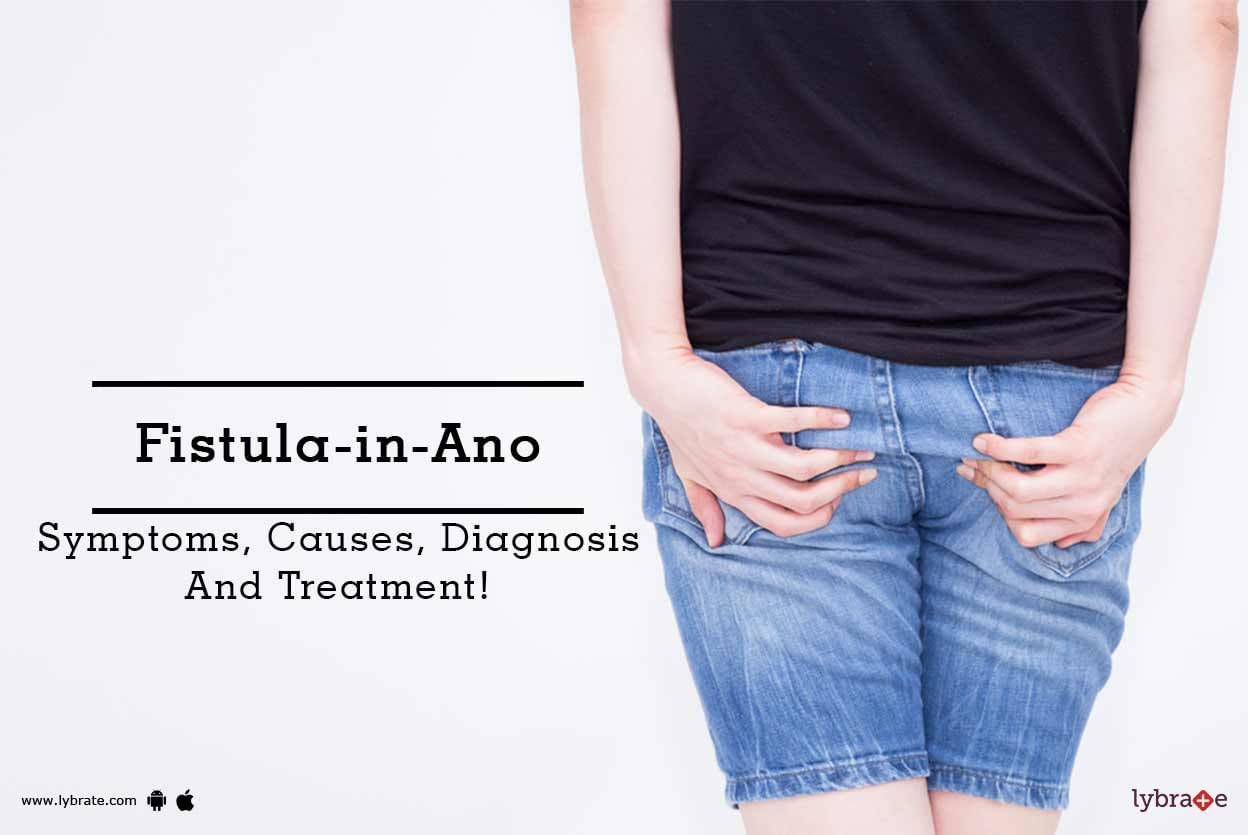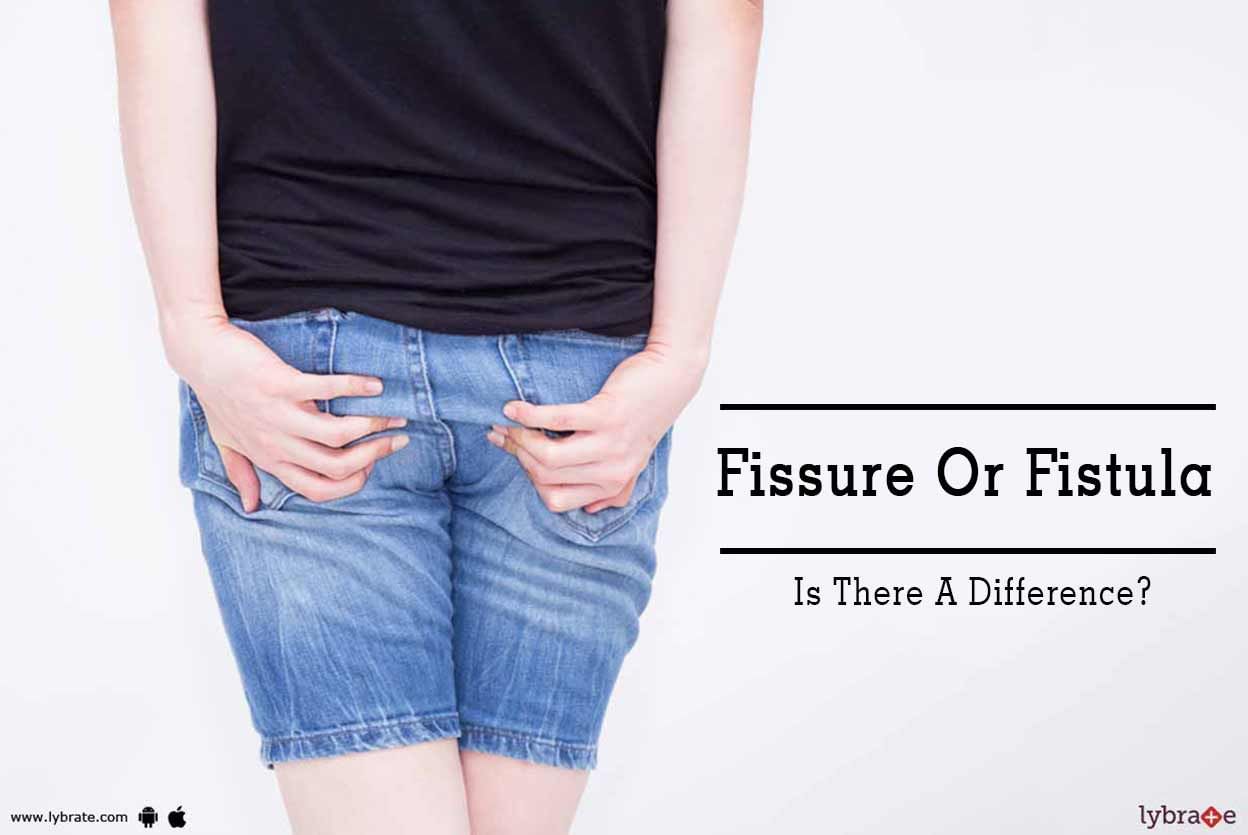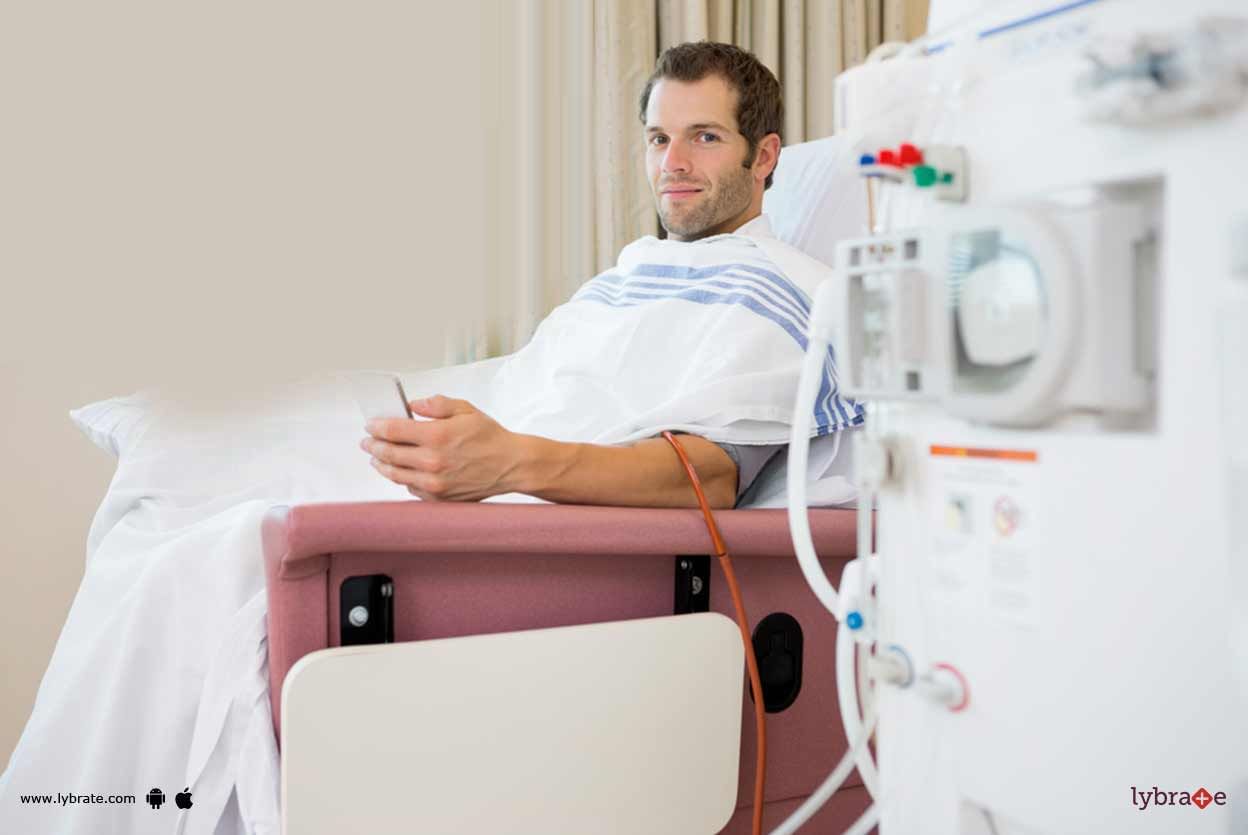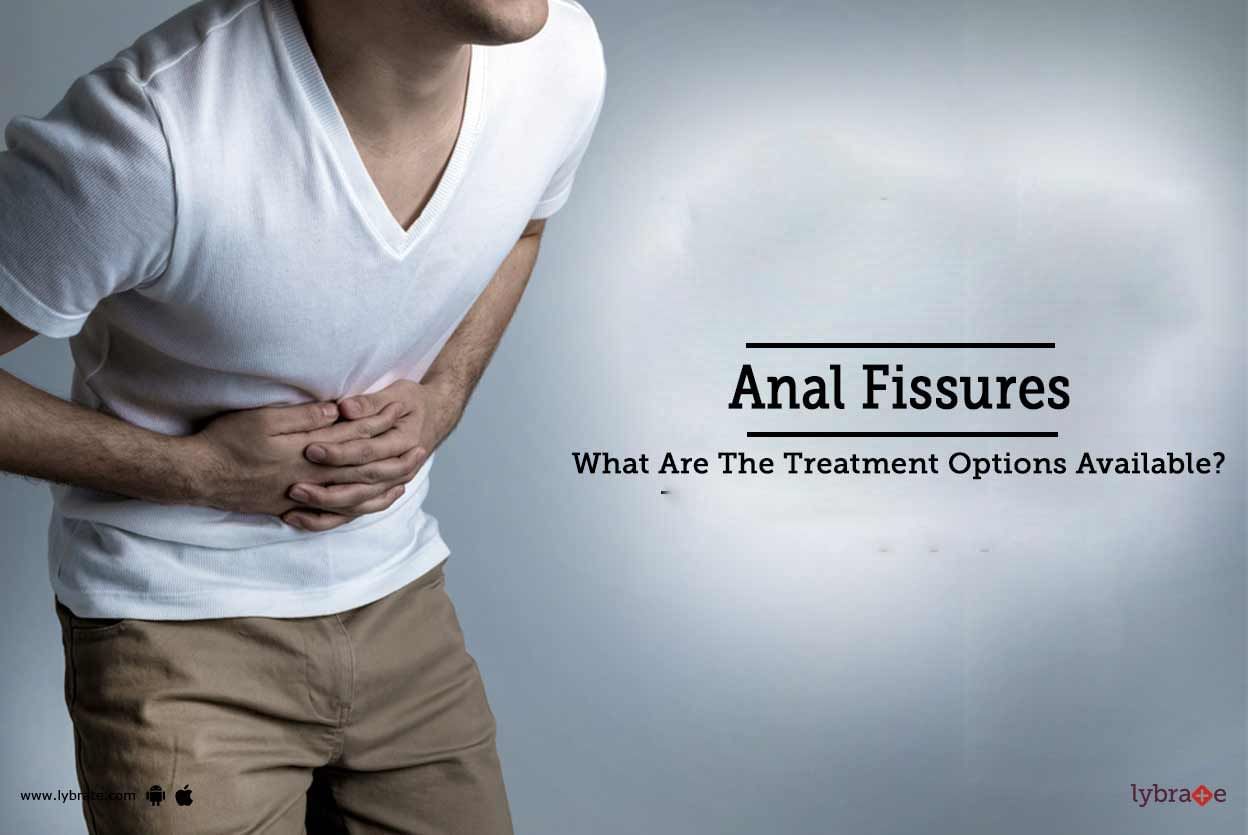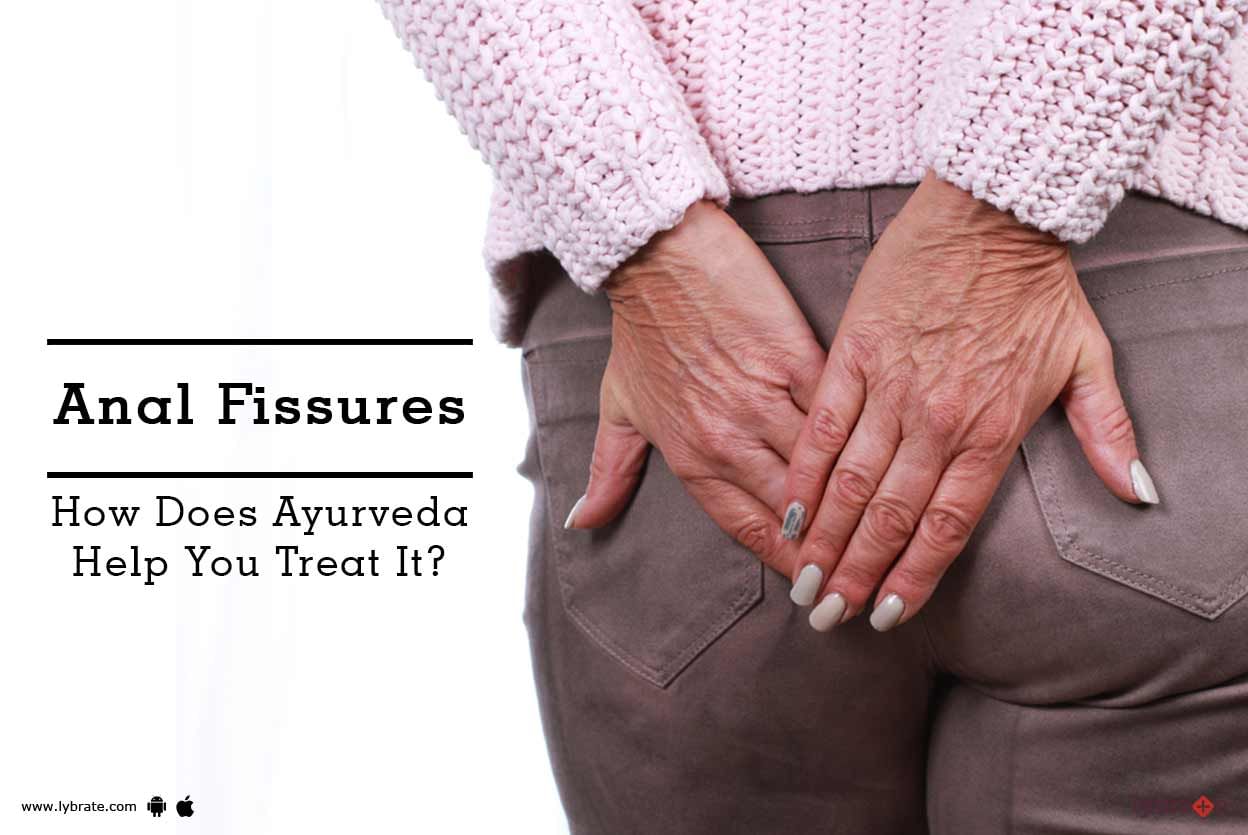Get the App
For Doctors
Login/Sign-up
About
Health Feed
Find Doctors
Health Packages
AllQ&AsTipsQuizzes
Fissure Tips
Last Updated: 6 years ago• Featured Tip
Share
Bookmark
Report
MBBS, MS- General Surgery, FIAGES-Advanc...read more
General Surgeon•Bangalore
If you think fissure and fistula are the same, you are mistaken. While the term fissure refers to the tear of the skin, fistula refers to the abnormal tube-like passages or connections between organs. Fissures get cured with or without treatment in a few days to few weeks, and do not lead to complications. On the contrary, fistulas when left untreated may lead to complications.
So, read on further to know about the distinction, how to recognize the symptoms and avail treatment.
more
So, read on further to know about the distinction, how to recognize the symptoms and avail treatment.
more
Last Updated: 6 years ago• Featured Tip
Share
Bookmark
Report
An anal fistula, is also called as fistula- in -ano, it is a small channel that develops between the end of the large intestine called the anal canal and the skin near the anus. This is a painful condition, especially when the patient is passing stools. It can also cause bleeding and discharge during defecation.
Genesis of fistula-in-ano
Almost all anal fistulae occur due to an anorectal abscess that begins as an infection in one of the anal glands. This infection spreads down to th...more
Genesis of fistula-in-ano
Almost all anal fistulae occur due to an anorectal abscess that begins as an infection in one of the anal glands. This infection spreads down to th...more
Last Updated: 6 years ago• Featured Tip
Share
Bookmark
Report
Use sitz bath, take a big tub, add 100gm haldi in 15-20 litres warm water & sit into it for 20 mins. It will treat fistula naturally.
Last Updated: 6 years ago• Featured Tip
Share
Bookmark
Report
If you think fissure and fistula are the same, you are mistaken. While the term fissure refers to the tear of the skin, fistula refers to the abnormal tube-like passages or connections between organs. Fissures get cured with or without treatment in a few days to a few weeks and do not lead to complications. On the contrary, fistulas, when left untreated, may lead to complications.
So, read on further to know about the distinction, how to recognize the symptoms and avail treatment.
<...more
So, read on further to know about the distinction, how to recognize the symptoms and avail treatment.
<...more
Last Updated: 6 years ago• Featured Tip
Share
Bookmark
Report
Diseases that plague the anal and the rectum area are categorized as anorectal disorders. Some common forms of anorectal disorders are haemorrhoids, fissures, and fistulas. Most of these conditions manifest through symptoms like burning, itching, pain, and bleeding. If you have any of these disorders, consult a specialist to rule out anal cancer or other severe problems.
Let us look at some of the most common types of anorectal disorders and their treatments
1. Anal Fissure ...more
Let us look at some of the most common types of anorectal disorders and their treatments
1. Anal Fissure ...more
Last Updated: 6 years ago• Featured Tip
Share
Bookmark
Report
AV or arterio-venous fistulas are unusual linkages between arteries and veins. In general, pure blood passes from the arteries to the capillaries to the veins and becomes devoid of nutrients and oxygen (becomes impure ) by the time it reaches the veins. The capillaries in between absorb the nutrients, to supply them to the tissues and organs lying beneath them. In the case of AV fistulas, the capillaries are bypassed and blood passes directly between the arteries and the veins. Thus, organs are...more
Last Updated: 6 years ago• Featured Tip
Share
Bookmark
Report
Many people dread going to the toilet, all thanks to the extreme pain, bleeding (not always though), or itchiness that one experiences during the bowel movement. These are some of the discomfort and complications associated with a condition referred to as Fissure-in-Ano (also known as Anal fissures). Age or sex has no impact in triggering anal fissures as the condition can affect all and sundry (though infants are more susceptible).
Medically, anal fissures are nothing but cuts or crack...more
Medically, anal fissures are nothing but cuts or crack...more
Last Updated: 6 years ago• Featured Tip
Share
Bookmark
Report
Haemorrhoids are enlarged and elongated rectal veins and during defecation causes bleeding. Some precautions can avoid haemorrhoids to bleed. The fissure is ulcer and fistula discharging tract in that area.
The Precautions are -
1. Avoid prolonged sitting and continues travelling.
2. Take care of constipation that will minimise pressure on haemorrhoids.
3. Avoid spicy, and non vegeterian diet.
4. Keep regular eating habits with vegetarian fibrous fres...more
The Precautions are -
1. Avoid prolonged sitting and continues travelling.
2. Take care of constipation that will minimise pressure on haemorrhoids.
3. Avoid spicy, and non vegeterian diet.
4. Keep regular eating habits with vegetarian fibrous fres...more
Last Updated: 6 years ago• Featured Tip
Share
Bookmark
Report
Anal fissures arereferred to as a small cut or a tear in the lining of the anus. The cut or crack on the skin is the main cause of the severe pain. The person might observe bright red bleeding during and after passing bowel movements. Sometimes, when the fissure goes deep it exposes the muscle tissue underneath of the anus. An anal fissure might occur due to labor, i.e. during childbirth, straining or pushing during bowel movements, constipation, diarrhea, or certain medical conditions such as i...more
Last Updated: 6 years ago• Featured Tip
Share
Bookmark
Report
Anal fissures are small tears that develop in the thin, moist mucosa inside the anus. The most common cause for such a tear is the passage of excessively hard or large stool. Fissures cause pain and bleeding. Anal fissures are common in infants, but older people may also experience the same problem.
Causes of Anal Fissures:
Passing large and hard stools.
Chronic constipation
Chronic diarrhoea
Childbirth
Uncommon Causes for the Disorder Include-
HIV
...more
Causes of Anal Fissures:
Passing large and hard stools.
Chronic constipation
Chronic diarrhoea
Childbirth
Uncommon Causes for the Disorder Include-
HIV
...more
Book appointment with top doctors for Fissure treatment
View fees, clinic timings and reviews
Ask a free question
Get FREE multiple opinions from Doctors
posted anonymously




